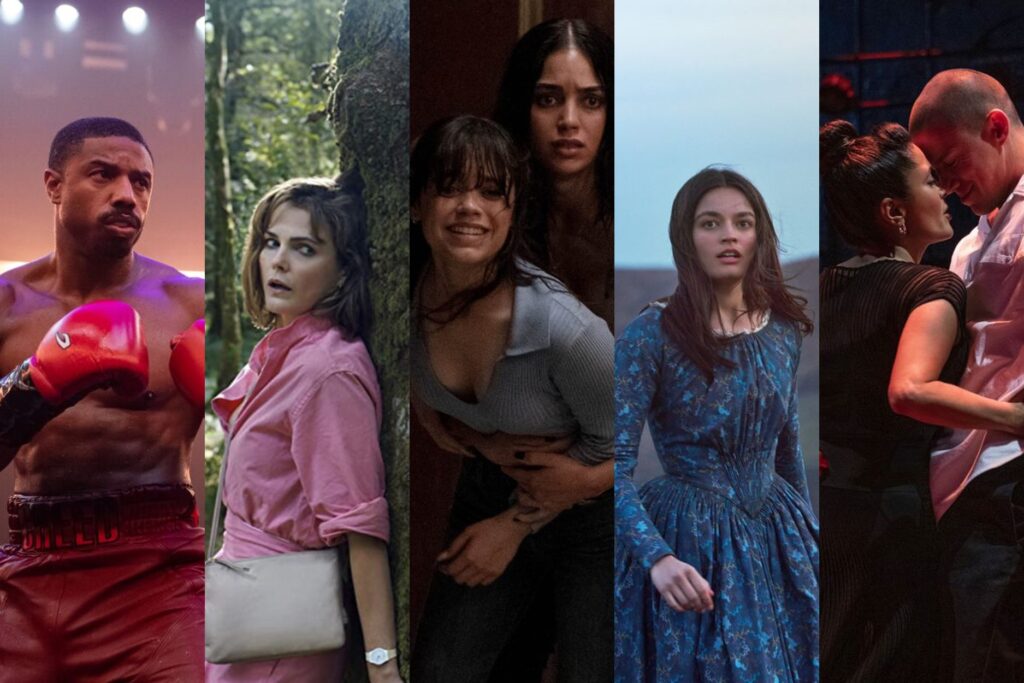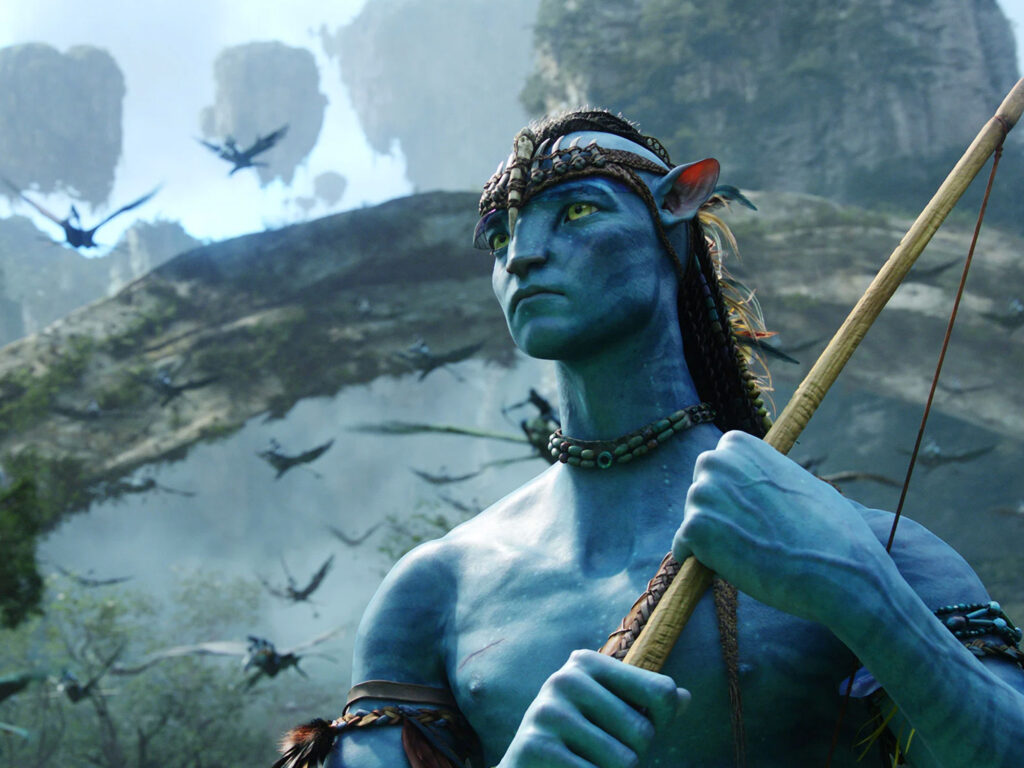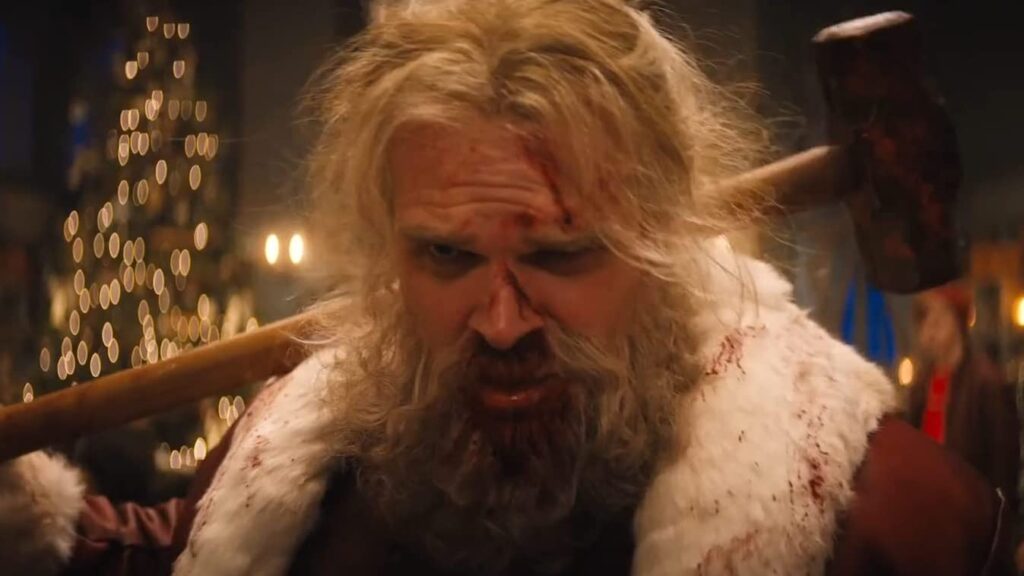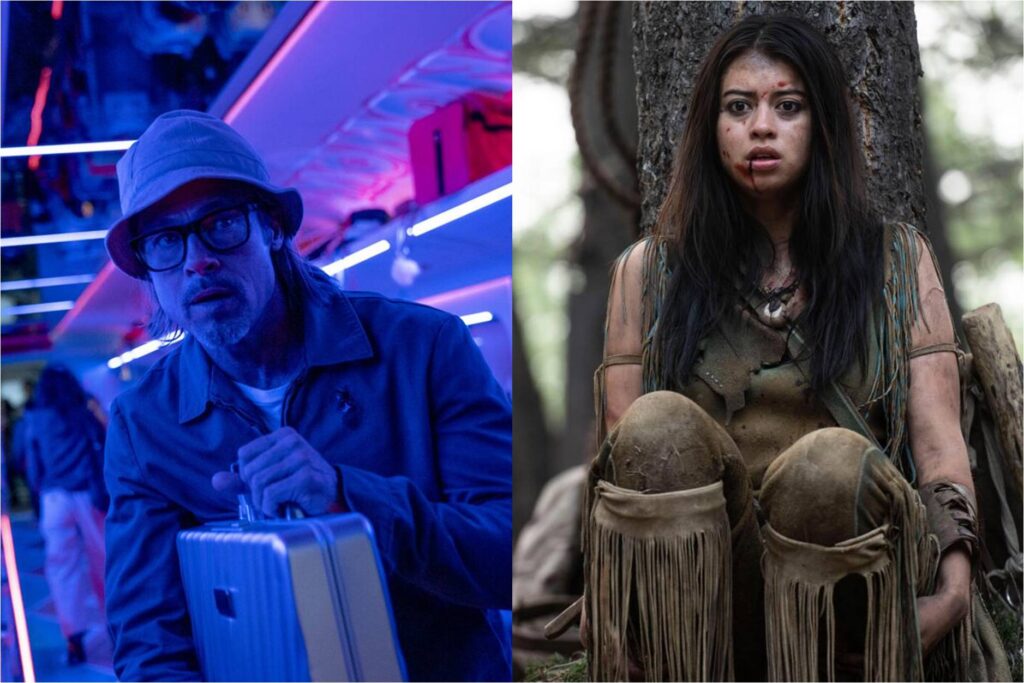John Wick: Chapter 4: Sit Back, Relax, and Destroy
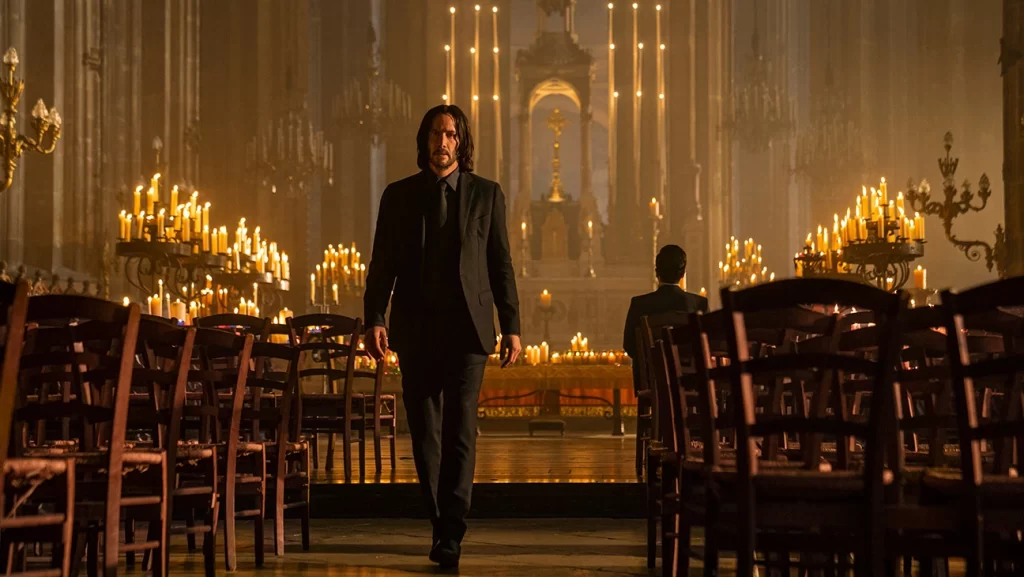
During one of the many, many fight scenes in John Wick: Chapter 4, an antagonist named Caine issues a call for expediency: “Let’s get this shit over with.” I hesitate to quibble with Caine, not least because he’s a deadly assassin played with balletic grace by Donnie Yen, but his directive here isn’t just grouchy; it violates the very spirit of the franchise. The John Wick pictures are creatures of excess and extravagance. Their hero may be a ruthlessly efficient killer, but the movies which sustain him are fueled by elaborate martial artistry and ornate mythology. They don’t get shit over with; they deliver some of the craziest shit imaginable.
Chapter 4, the latest, longest, and (potentially) last installment in the series which began in 2014, capably fulfills the franchise’s extremist imperatives, even as it subtly interrogates them. Or maybe not so subtly. It’s been nine years and four films since a group of Russian thugs killed the wrong guy’s puppy, and the plot hasn’t really changed ever since; John is still angry, still hunted, and still—as played with soulful physicality by Keanu Reeves—meting out retribution via manifold means and gruff precision. The prior episode, the bonkers and gloriously operatic Parabellum, essentially finished where it started, with a bloodied but unbroken John vowing revenge against the sinister cabal known as the High Table. Chapter 4 continues this endless battle—a rather lopsided duel in which one person wages war against what seem to be thousands of expendable henchmen (when someone asks John how many people he needed to kill to reach a certain point, he responds, with characteristic curtness, “A lot”)—but it also contemplates the existential toll that time and death have levied on the bearded man in the bulletproof suit. Read More

